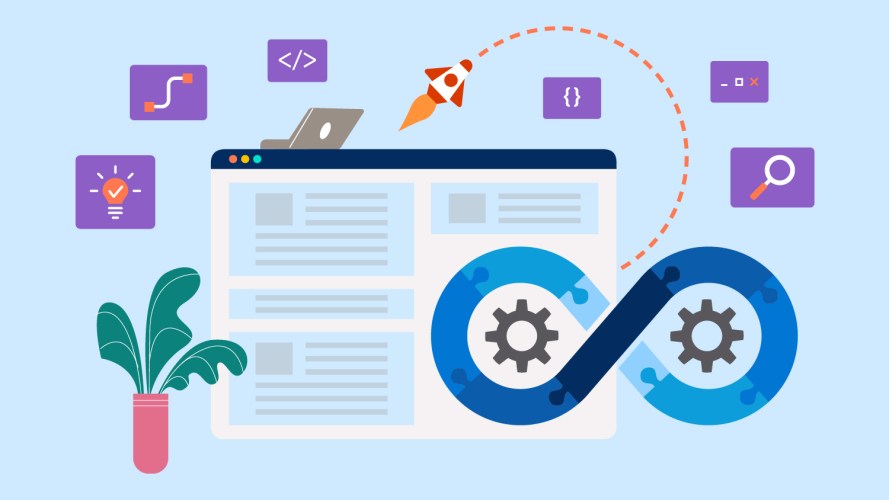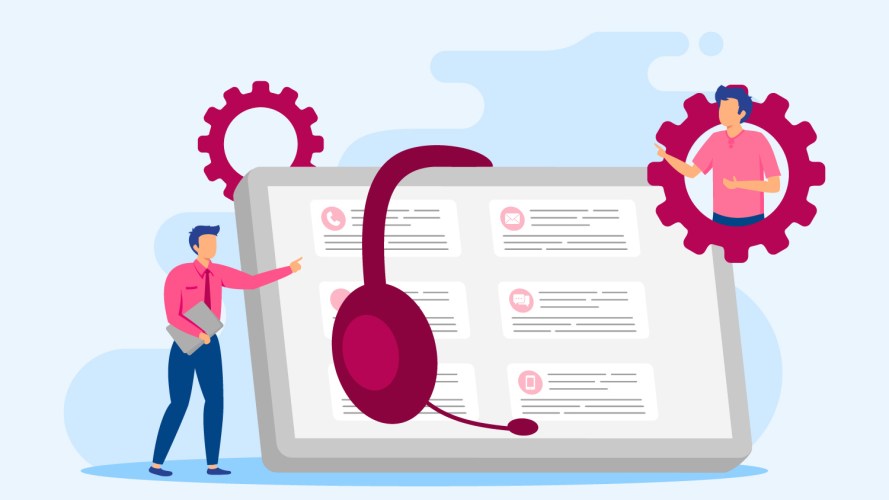A Bad Connection Doesn’t Mean Lost Work — Mobile Offline Access is Key



Imagine the productivity and efficiency boost that happens when you remove network constraints. New technology lets workers continue their tasks uninterrupted.

Jo Chan
Smartphones and other connected devices have made the modern workforce increasingly mobile. Now, teams can stay connected and work in new ways on planes and factory floors, in warehouses and big-box stores.
The flip side of that mobile freedom? When a device does lose connection, productivity can drop dramatically. If the Wi-Fi stutters, or a satellite connection gets choppy, you don’t know how much of your work gets lost along the way. In fact, 49% of mobile workers lose a few hours of productivity per week due to connectivity issues. Those lost hours add up to significant pain for the workforce — an estimated $600,000 of productivity per company is lost every year due to data connectivity issues.
The solution? Mobile offline access technology that lets employees keep working even when they aren’t connected. They can continue with business as usual — and their work syncs up automatically when the connection is restored.
Here’s how it works.
Get work done without network limitations
Learn how to maximize your team’s productivity with Salesforce Mobile App Plus — work offline and access CRM data anytime, anywhere, with ease.



Mobile offline access is critical for today’s workforce
One of the biggest challenges facing the mobile workforce is connectivity. We all thought we would get 5G everywhere, but the reality is that many areas on every continent still have limited to no connectivity.
In these cases, employees need access to an offline mobile solution that allows them to continue working, independent of network connectivity.
For example, field agents need to access customer data, receive work orders, and update their status in real time. Production supervisors use mobile devices to track inventory, monitor production lines, and troubleshoot issues. Field account executives use mobile devices to access CRM data and stay connected with clients, while retail channel managers use them to manage inventory levels and oversee store operations.
This is where mobile offline access comes in. With a secure mobile offline solution, workers can access critical information and applications even when they are not connected to the internet. In fact, according to a survey by Accenture, 77% of field workers say using mobile offline improves data accuracy and reduces data errors and mistakes. This can be a game-changer for industries such as manufacturing, retail, and finance, where workers need to access sensitive data in real time, regardless of their location.
The security risks for mobile workers
While mobile devices have become essential work tools, they pose a significant security risk. On one hand, employees need to be able to access critical business data and applications from their devices to stay productive, especially when working remotely or on the go. On the other hand, this access can make the company’s data vulnerable to attacks or breaches. Employers need to strike a balance between enabling mobile productivity and ensuring that company data and systems remain secure.
Those security concerns are multiplied as employees increasingly use their own devices for work. The bring-your-own-device trend has gained significant traction in recent years as employees increasingly rely on personal devices for work-related tasks. In fact, one study showed that 89% of IT departments enable BYOD in some form. BYOD is shown to help companies reduce device maintenance and IT costs by up to 40%. This is because companies no longer need to purchase and maintain separate devices for employees, reducing hardware and support costs.
The challenge for IT and security teams is how to scale and enforce mobile security policies across a large number of devices and users. This is particularly challenging when you consider the variety of devices and operating systems in use, as well as the various apps and services that employees may be using to access corporate data. Scaling and enforcing mobile security policies is a complex task for IT and security teams. However, by leveraging mobile application management (MAM) tools, organizations can help protect against mobile threats and safeguard sensitive data.
How one tool keeps the mobile workforce efficient and safe
Imagine the spike in productivity when you remove network constraints. A robust mobile offline solution, equipped with mobile application management, provides seamless offline access to data, documents, and applications. Mobile workers can continue their tasks uninterrupted even when connectivity is unreliable or unavailable.
Additionally, with mobile application management, sensitive data is protected through strong encryption, authentication mechanisms, and policy enforcement. This comprehensive approach safeguards company information from unauthorized access, mitigating the risks associated with data breaches and cyber attacks. By combining offline functionality and mobile application management in a single solution such as Salesforce Mobile App Plus, companies can empower their mobile workforce, protect sensitive data, and streamline operations effectively, all while maintaining a secure work environment.
Give employees mobile offline access technology that moves with them
As mobile becomes more ubiquitous, being able to work anywhere regardless of connectivity while staying completely secure from threats and risk is a must. With the right solutions in place, CSOs and IT executives can lead the charge in staying relevant and innovating as their workforces transform based on the needs of their customers. By leveraging the power of mobile devices and embracing new technologies, today’s workforce can be more efficient and effective than ever before.
Salesforce Mobile App Plus: Offline Access
Learn how to get started with Salesforce Mobile App Plus.






























